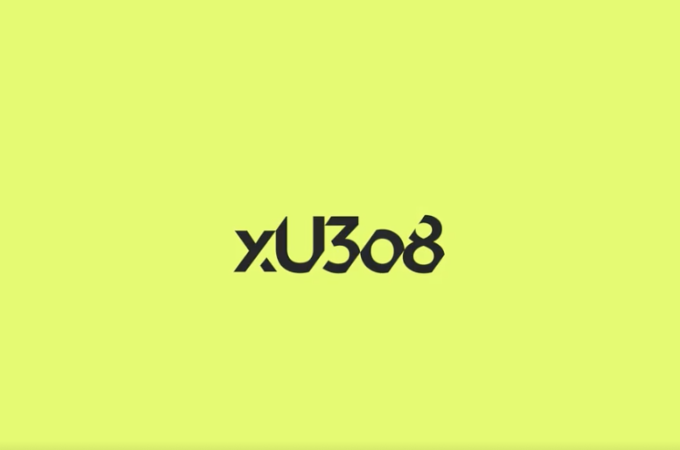
Blockchain Tracker: Bridging Gaps
By PYMNTS
One of blockchain technology’s earliest corporate supporters just recently completed testing for its blockchain-based proxy voting system.
This week, American stock exchange Nasdaq announced that it has completed testing of its blockchain-based technology to facilitate, optimize and lower the cost of online proxy voting on its Estonian exchange.
“Annual General Meetings (AGM) tend to be necessary high-cost events with, on average, fairly low shareholder participation,” the Nasdaq wrote its report. But as cross-border investments grow, the exchange hopes to facilitate greater investor engagement while also potentially reducing overhead cost by leveraging various blockchain traits.
During the test, shareholders using the blockchain-based technology were successfully able to vote online during investor meetings or transfer voting rights to a proxy. Shareholders could use the system to view information about meetings and vote before or during the meeting.
Additionally, shareholders could monitor how the proxy voted on their behalf and recall the proxy if need be. Perhaps most important, shareholders have the ability to review all previous meetings and transaction data — the mainstay of blockchain’s appeal for many.
“While e-voting technology may not be the next killer app, it is very much a practical, necessary solution that has many potential applications around the world,” said the Nasdaq report. “We envision the end users potentially being listed and non-listed companies, investment funds, trade industry associations and NGOs, but also investors and custodians all over the world.”
Nasdaq said it is currently assessing whether to implement the new system. While it awaits consensus, elsewhere in the world a startup is gearing up to go hard with its blockchain-based venture funding platform.
Neufund wants to build a blockchain-based and investor-directed platform to bridge the world of cryptocurrency and equity — and the Berlin-based startup recently got seed funding to back it up. Last week, the software startup scored €2 million ($2.13 million) in seed funding from investors Atlantic Labs and Klaas Kersting.
Zoe Adamovicz, CEO and cofounder at Neufund, was quoted by TechCrunch as saying, “In venture capital, both startups and investors have an almost illiquid asset position — transaction costs in and out of a company are very high. Money flows slowly — it takes about 5 years for a founder or a VC [venture capitalist] to capitalize on an exit and about 10 years for an LP to get a return from a VC investment.”
In a nutshell, Neufund wants to allow off-chain companies to enter the blockchain ecosystem and be able to fund startups using its resources, including crypto-assets and the initial coin offering process. Neufund will be putting together its platform and establish its decentralized venture capital fund, Neufund VC.
The platform that Neufund wants to create relies on crypto tokens, which represent equity but have the liquidity of currency, rather than money or stocks, which add an intrinsic value to the financing network and also represent value for the businesses operating off-chain.
“The transaction costs for issuing and managing such tokens are close to zero, investors can buy and trade equity in private companies, and it makes essentially illiquid assets immediately liquid,” Adamovicz was reported as saying.
Neufund outlined its mission in a white paper it recently published on its website, along with a videodetailing how its fund will function and operate.
But as organizations rush to blockchain to bridge the gaps in cross-border commerce or between investors with traditional or crypto assets, the European Union Agency for Network and Information Security (ENISA) suggests companies put on the brakes — at least to beef up security protocol.
ENISA recently released a report on distributed ledger security, warning that there are still issues that businesses need to address before diving into the blockchain headfirst.
ENISA warns that the blockchain comes with its own set of security challenges, notably consensus hijacking among a number of other blockchain-specific challenges.
Consensus hijacking takes advantage of blockchain’s decentralized, permissionless network. ENISA warns that cybercriminals can effectively control validation processes by overtaking the majority of hashing power or participating clients. In this scenario, a single entity could hold the power to validate and direct the flow of transactions in the ledger — potentially crippling the value of the chain.
In all instances, cybersecurity is an essential element for financial and other institutions implementing blockchain technology. ENISA implores firms to follow security protocols like constantly monitoring internal activity, automating compliance and routinely updating ledger implementations over time at an industry level.





